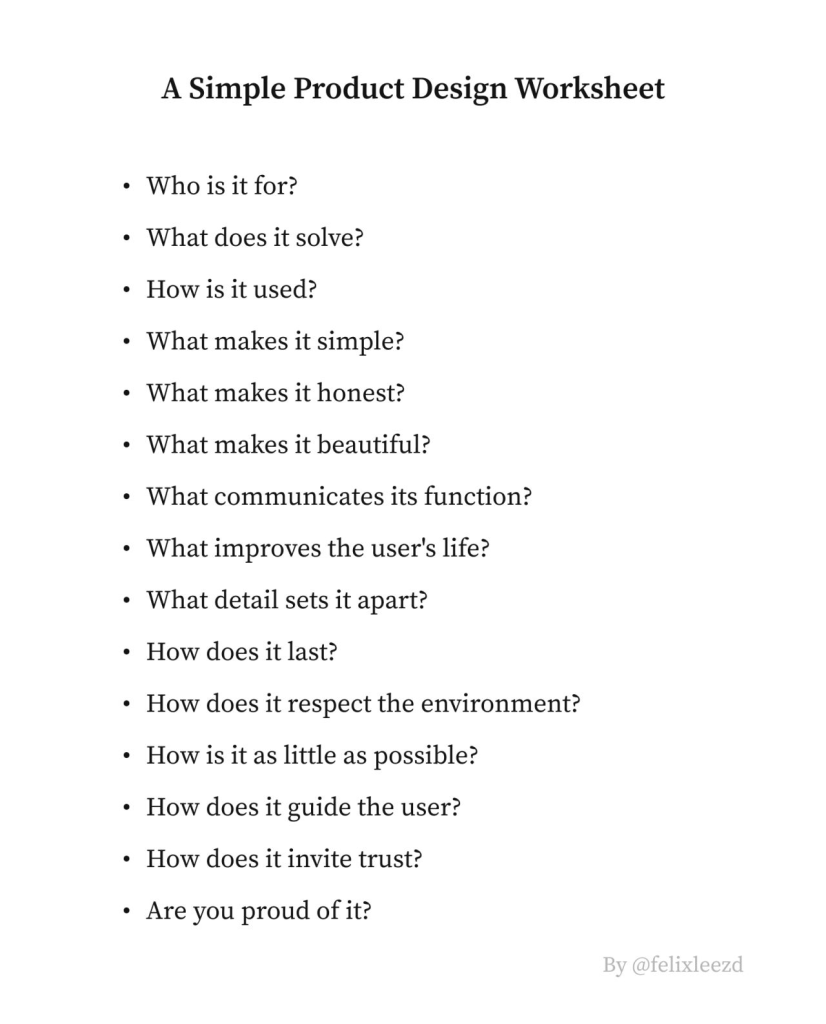I spoke with a former client this week about an experiment we ran. The results are good. The concrete indicators, the raw KPIs, show definite potential.
Yet, the project is under fire. Why? Because the team leader, who has to defend the project to business stakeholders every week, told me: “The expectations were higher.”
This is how good games die unfairly.
You execute a clear vision, the indicators are positive, but because they are “not great” or don’t match someone’s projection, the people who only chase numbers pull the plug.
The Fatal Confusion: KPI vs. Goal
This happens because many business owners—many, many of them—confuse indicators (KPIs) with goals.
- A KPI is a health report. It tells you where you are bleeding or thriving right now. A good CPI or a solid retention rate is a sign that the game’s core has validity.
- A Goal is the destination. It’s the vision, the human spark that creates something great.
The biggest mistake is treating the KPI as the Goal.
When you confuse the current retention rate with the final vision, you kill the process. You are demanding a marathon runner win the race on the first lap.
Think of every successful game out there: most of them started small. They grew with patience, dedication, and the belief that the spark was there. They iterated, they built, and they compounded their small, good indicators into great results.
ROI Without Understanding is Ruin
People in charge look for their own immediate ROI without being willing to truly understand how creative work, especially game design I have to say, actually works.
Creativity is not a linear spreadsheet. It’s a system of feedback and refinement. It requires room to breathe. When you cancel a project with good, but not great, indicators, you are sacrificing future compounding success for the shallow comfort of hitting an immediate number.
Let’s start the week with a clear intention: Stop letting fear-driven number-chasers kill projects that deserve to grow. Believe in the spark.
